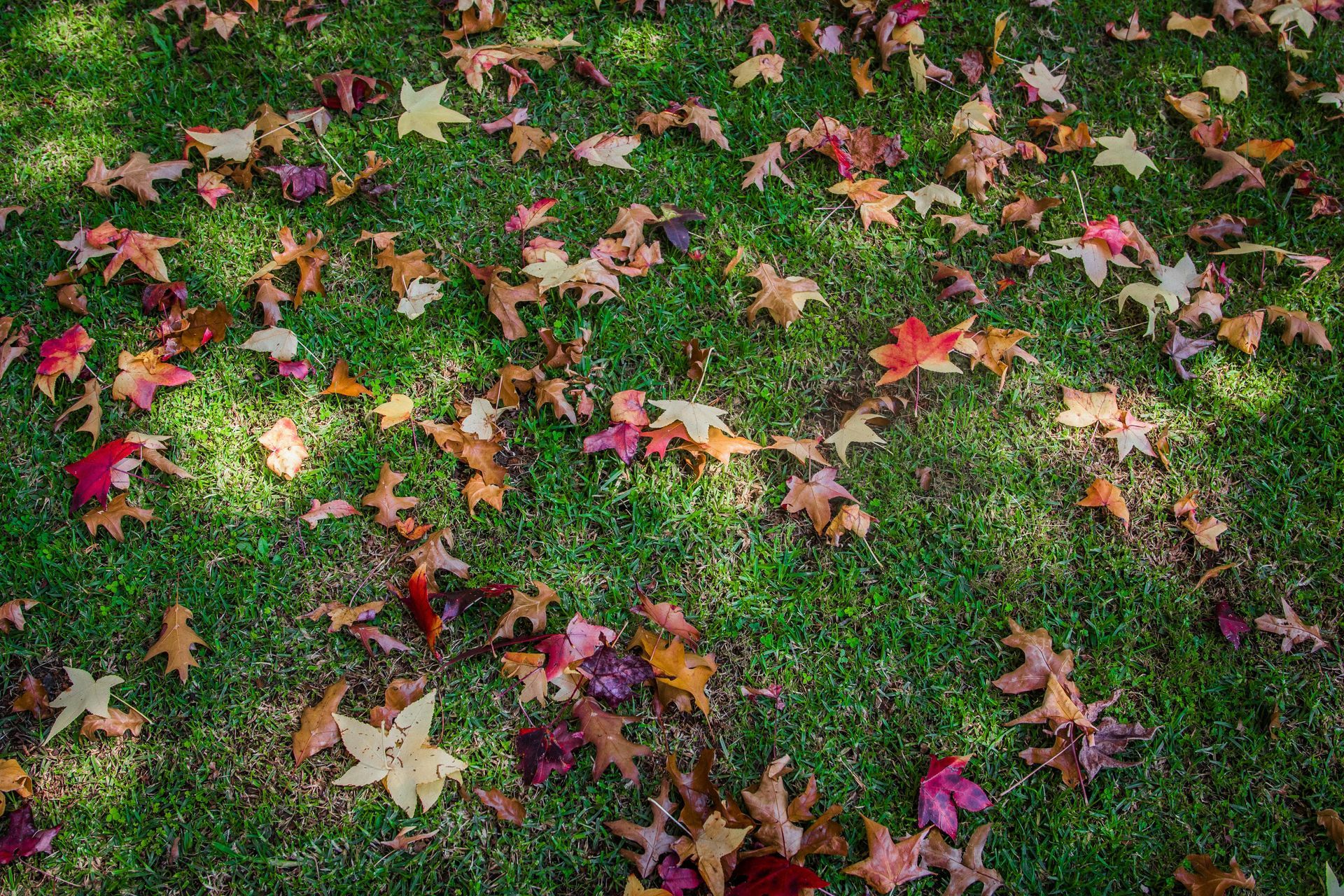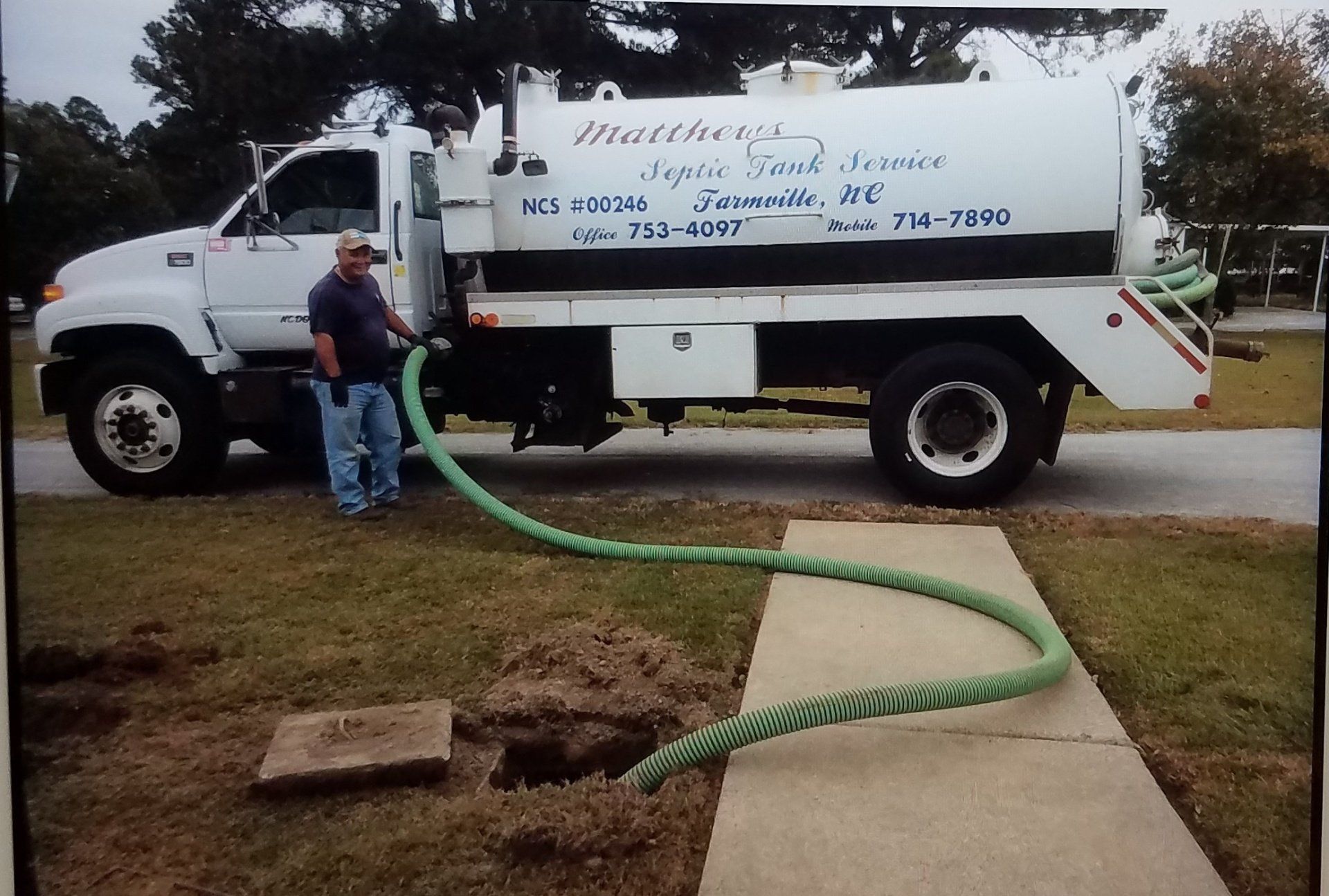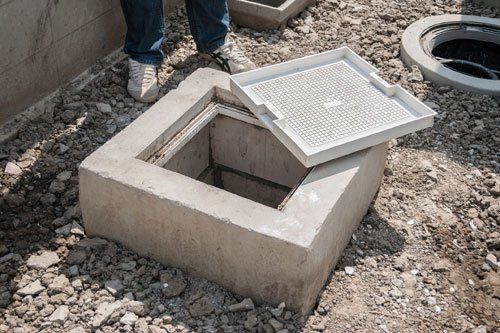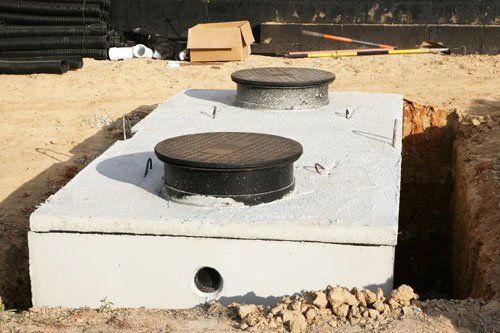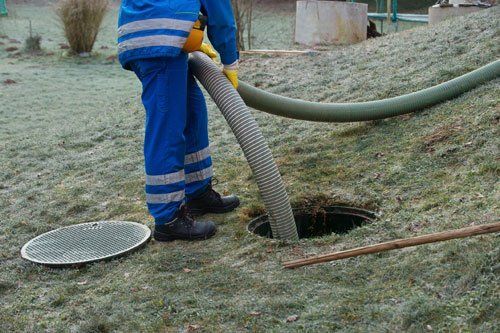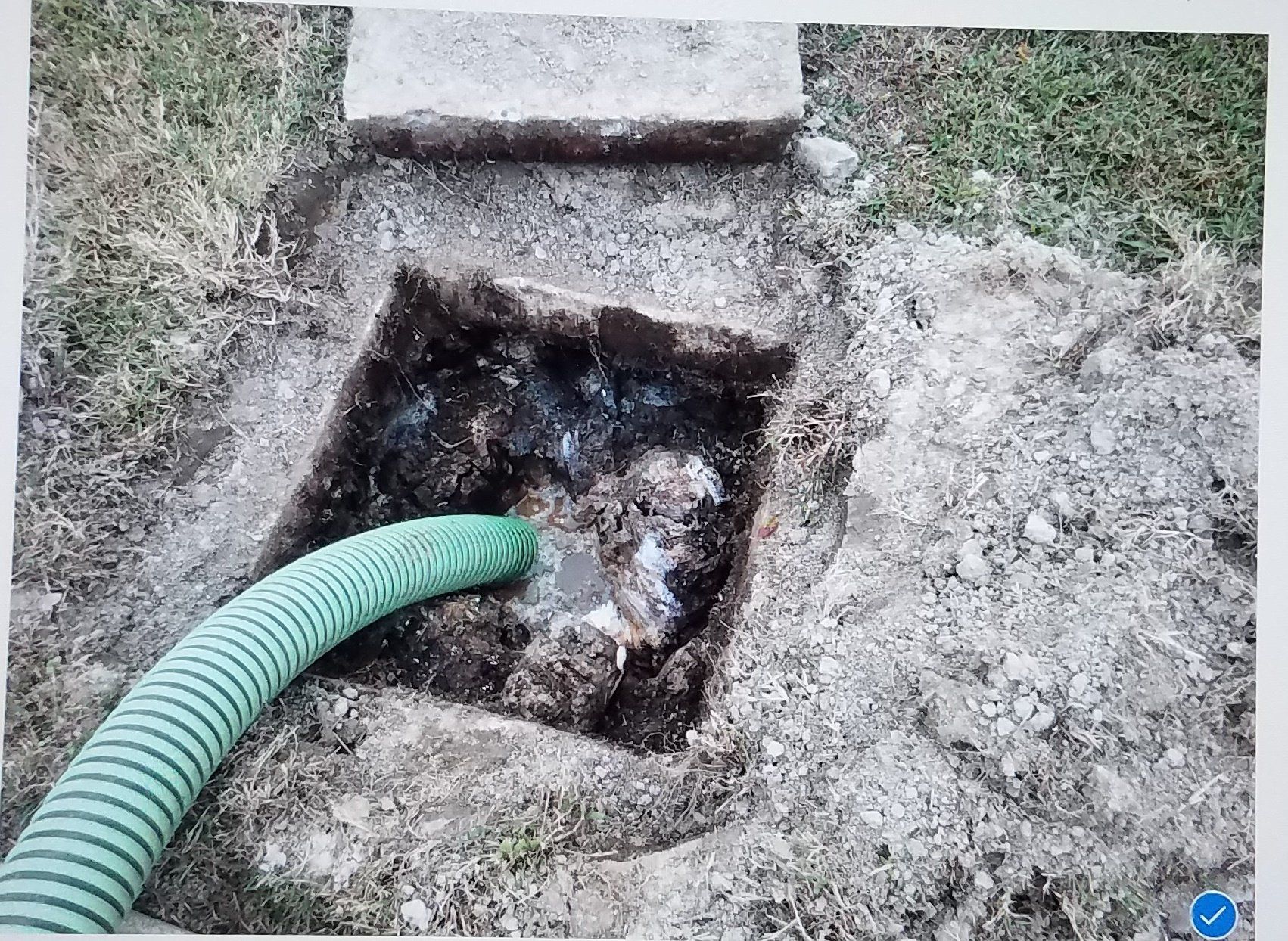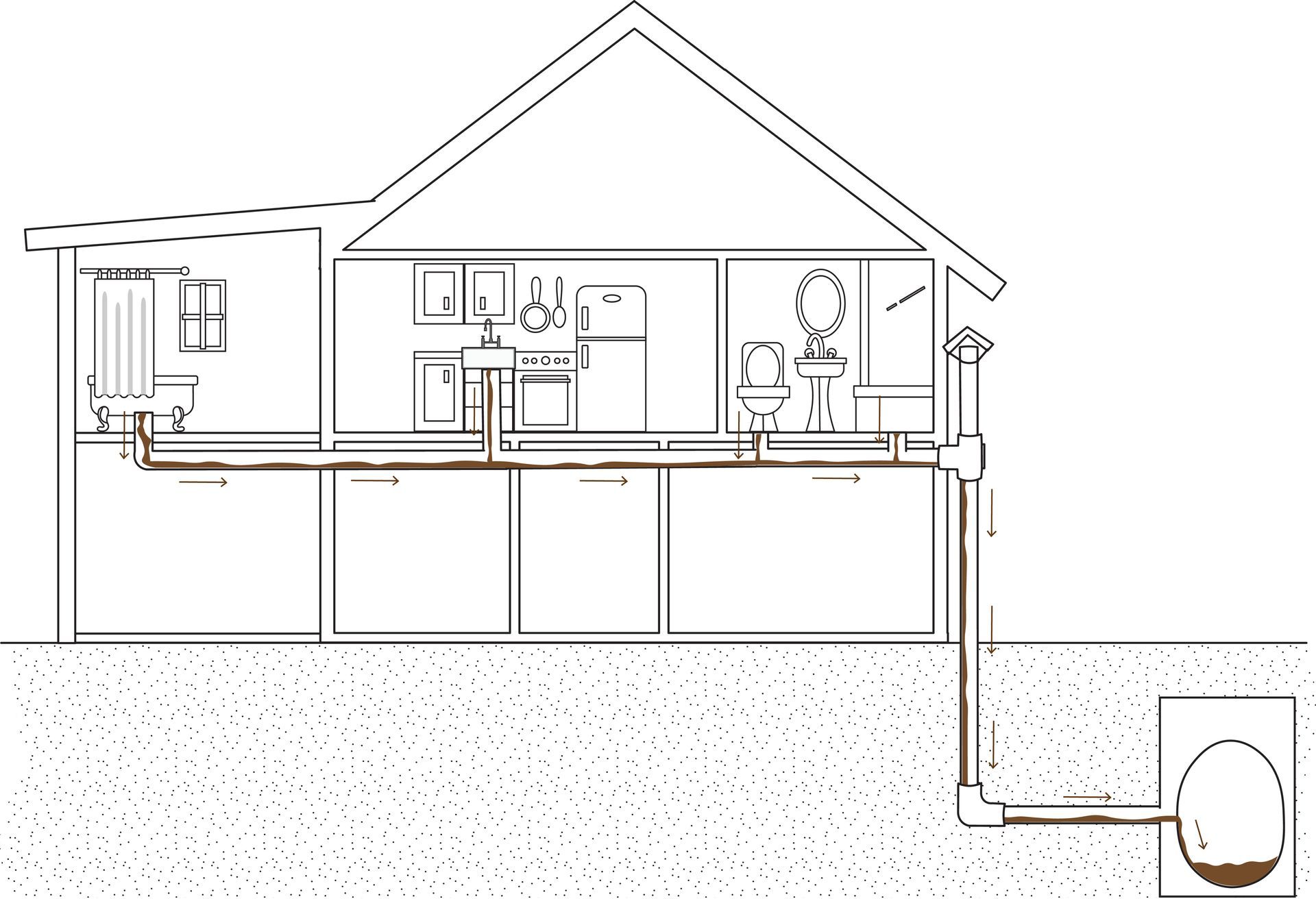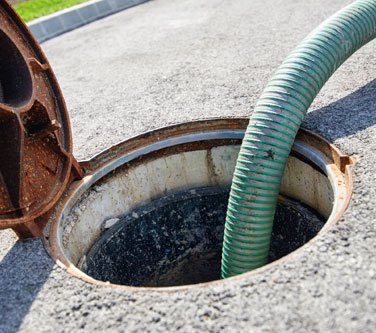Household Habits That Harm Septic Systems: What Not to Flush or Pour
Your septic system works around the clock to manage your home's wastewater, but many common household habits can severely damage this vital system. Understanding what not to flush or pour down your drains can save you thousands of dollars in repairs and prevent messy backups that no homeowner wants to face.
Septic systems rely on a delicate balance of beneficial bacteria to break down waste naturally. When harmful substances enter your tank, they disrupt this process and can cause system failure. The good news is that most septic problems are completely preventable with simple changes to your daily routines. This guide will walk you through the most damaging household habits and provide practical alternatives that keep your septic system functioning properly for years to come.
How Your Septic System Actually Works
Before diving into what damages septic systems, it helps to understand how these systems function. Your septic tank contains billions of beneficial bacteria that digest organic waste and separate solids from liquids. The treated water then flows to your drain field, where soil naturally filters it before it reaches groundwater.
This biological process requires the right balance of bacteria, proper pH levels, and adequate time for waste to break down. When you introduce harmful substances, you can kill beneficial bacteria, create chemical imbalances, or overwhelm the system's capacity to process waste effectively. Most septic tanks need pumping every three to five years, depending on household size and usage patterns. Although, poor household habits can significantly reduce this timeframe and lead to costly emergency repairs.
Common Septic System Mistakes That Cost Homeowners Thousands
Flushing "Flushable" Wipes and Personal Hygiene Products
Despite marketing claims, so-called "flushable" wipes don't break down like toilet paper. These products can clog pipes, accumulate in your septic tank, and create blockages in your drain field. The same applies to feminine hygiene products, cotton swabs, dental floss, and cigarette butts. These items don't decompose naturally and can form clogs that require professional removal. Even small amounts can accumulate over time, leading to system backups and expensive repairs.
Dumping Cooking Grease and Food Waste
Pouring grease, oils, or food scraps down your kitchen drain creates multiple problems for septic systems. Grease solidifies in pipes and septic tanks, creating blockages and reducing the tank's effective capacity. Food waste adds unnecessary solids that your system wasn't designed to handle. Coffee grounds are particularly problematic because they don't break down and can accumulate in large quantities. Even small amounts of food waste from garbage disposals can overload your septic system's biological processes.
Using Excessive Bleach and Harsh Chemicals
While small amounts of household bleach won't harm your septic system, regular use of large quantities can kill beneficial bacteria. Toilet bowl cleaners, drain cleaners, and other harsh chemicals can disrupt the biological processes that make your septic system work. Paint thinners, motor oil, pesticides, and other toxic chemicals can contaminate groundwater and kill the bacteria essential for waste breakdown. These substances can also corrode septic tank components and pipes.
Water Softener Brine Discharge
Many homeowners don't realize that water softener backwash can harm septic systems. The high sodium content in brine can compact soil in your drain field, reducing its ability to filter wastewater effectively. This can lead to system failure and expensive drain field replacement. Salt can also interfere with the biological processes in your septic tank and alter the pH balance needed for proper waste breakdown.
Overloading the System with Antibacterial Products
Antibacterial soaps, sanitizers, and cleaning products are designed to kill bacteria—including the beneficial bacteria your septic system needs. Regular use of these products can significantly reduce bacterial populations in your septic tank. Overuse of antibacterial products can slow waste decomposition, leading to faster sludge accumulation and more frequent pumping requirements.
Safe Alternatives for Septic-Friendly Households
Choose Septic-Safe Personal Care Products
Replace antibacterial soaps with regular soap and water, which clean just as effectively without harming beneficial bacteria. Use biodegradable, phosphate-free cleaning products whenever possible. For toilet paper, choose brands specifically labeled as septic-safe or biodegradable. These products break down faster and reduce strain on your system.
Proper Grease and Food Waste Disposal
Instead of pouring grease down drains, collect it in containers and dispose of it with regular trash. Wipe greasy pans with paper towels before washing them. Compost food scraps or dispose of them in the garbage rather than using garbage disposals. Install drain strainers in kitchen sinks to catch food particles before they enter your plumbing system.
Natural Cleaning Solutions
Replace harsh chemicals with natural alternatives like white vinegar, baking soda, and lemon juice. These substances clean effectively without harming septic bacteria or contaminating groundwater. For toilet cleaning, use baking soda and vinegar instead of chemical toilet bowl cleaners. This combination removes stains and odors without damaging your septic system.
Water Management Strategies
Spread laundry loads throughout the week rather than doing multiple loads in one day. This prevents overwhelming your septic system with sudden water surges. Consider redirecting water softener discharge away from your septic system if local regulations permit. Some systems can discharge to separate drainage areas that don't affect septic function. Fix leaky faucets and running toilets promptly to prevent unnecessary water from entering your septic system. Excessive water can flush solids into your drain field before they're properly treated.
Professional Septic Services You Can Trust
At Matthews Septic Tank LLC, we provide comprehensive septic services throughout Washington, Greenville, Williamston, Wilson, Snow Hill, Farmville, Tarboro, Grifton, Ayden, Stantonsburg, and surrounding North Carolina communities. Our experienced team handles everything from routine maintenance to repairs, helping homeowners avoid costly system failures.
Regular professional maintenance is essential for septic system longevity, and we offer
septic tank pumping services that remove accumulated sludge and prevent system backups. Our technicians can also identify potential problems before they become expensive emergencies. When septic problems do occur, our
repair services address issues quickly and effectively. From damaged pipes to malfunctioning components, we have the experience to restore your system to proper working condition.
Contact us today to schedule an appointment for your septic tank service needs!

